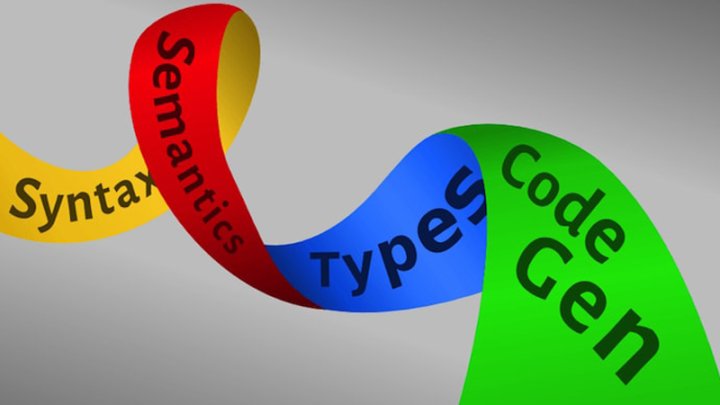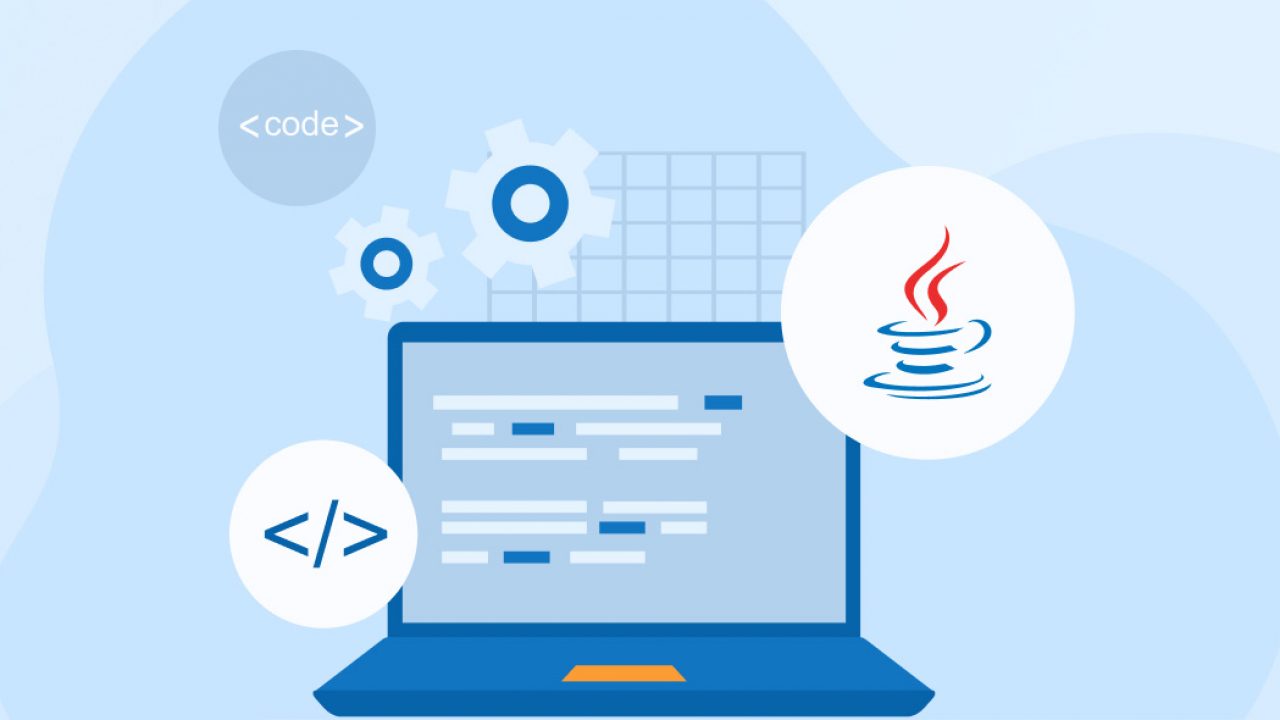Compiler: The key role in software development
Published

Basics of compiler technology
Compilers are indispensable tools in the world of software development. They are responsible for translating high-level languages such as C++, Java or Python into machine language that can be understood by computers. The basics of compiler technology begin with an understanding of the translation process. A compiler usually goes through four main phases: Lexical Analysis, Syntax Analysis, Semantic Analysis and Code Generation. During lexical analysis, the source code is split into tokens, allowing the syntax of the program to be analyzed. Syntax analysis ensures that the code complies with the rules of the programming language. Semantic analysis goes one step further and checks the meaning of the code in order to detect logical errors. Finally, the compiler generates the machine-readable code. Knowledge of these basic phases is crucial for the work of software developers and enables them to write efficient and reliable programs.
From source code to machine language: How compilers work
Compilers play a crucial role in the software development process by bridging the gap between comprehensible source code and machine language that can be read by computers. The process begins with the compiler analyzing the input source code and splitting it into different tokens. These tokens represent the basic elements of the code, such as keywords, variable names and operands. This is followed by syntax analysis, in which the compiler ensures that the source code complies with the rules of the programming language used. This includes checking the correct use of syntax elements, the closing of brackets and compliance with statement structures.
The syntax analysis is followed by the semantic analysis, which is more in-depth. This not only checks whether the code is formally correct, but also whether it fulfills the expected logical conditions and rules. For example, it checks whether variables are declared and used correctly and whether the types of operands in arithmetic expressions are consistent. The semantic analysis also identifies possible logical errors and inconsistencies in the code.
The final phase is code generation, in which the compiler creates the machine-readable code. This code consists of a sequence of commands and data that can be executed directly by the computer's hardware. The compiler takes into account the target architecture of the computer on which the program will later be executed. The generation of efficient code requires an optimal use of available resources and the minimization of overhead.
Overall, compilers enable the automation of the translation process and help to detect errors in the code at an early stage. They are a crucial tool for developers, as they enable the implementation of abstract programming concepts in real, executable applications.
Compiler optimization: Improving code efficiency
Compiler optimization is a crucial step in the translation process that aims to maximize the performance and efficiency of the generated machine code. In this phase of the compiler process, various techniques are applied to ensure that the generated code is as fast and resource-efficient as possible. There are a variety of optimizations that can be applied to the source code to increase execution speed and reduce memory requirements.
The most common compiler optimizations include constant folding and redundancy elimination. With constant folding, constant values are already calculated in expressions at translation time instead of doing this at runtime. This saves computing time and reduces the amount of code. Redundancy elimination aims to identify and remove redundant calculations or assignments in order to make the code more efficient.
Another important optimization is loop optimization. Since loops often make up the largest part of the code, it is crucial to make them as efficient as possible. The compiler can analyze loops and apply various techniques such as loop unfolding or loop index reduction to increase loop performance.
Inlining optimization is another technique where the compiler inserts small functions directly into the call sites instead of keeping them as separate functions. This avoids function calls, which improves runtime performance, but at the cost of larger code.
In addition to code optimization for execution speed, compilers can also perform memory and resource optimizations. This includes the removal of unreferenced variables and the efficient management of memory resources.
Compiler optimization is a complex field that is constantly evolving to meet the increasing demands for software performance and efficiency. By applying these optimizations, developers can ensure that their applications run smoothly and resource-efficiently.
Compiler in different programming languages
Compilers are a central tool in software development and exist in many different programming languages. Each programming language has its own compiler that translates the source code into machine code that can be executed by the target platform. Here are some examples of compilers in different programming languages:
- C/C++ Compiler: C and C++ are widely used programming languages that are known for their speed and performance. The GCC (GNU Compiler Collection) is one of the best-known compilers for C and C++ and is used on many platforms.
- Java Compiler: Java uses the Java Compiler to translate source code into bytecode that is executed by the Java Virtual Machine (JVM). There are also alternative Java compilers such as the Oracle JDK Compiler and the OpenJDK Compiler.
- C# Compiler: Microsoft's C# programming language uses the C# compiler to translate the source code into Common Intermediate Language (CIL), which is executed by the .NET runtime.
- Python Interpreter: Python is an interpreted language, which means that the Python interpreter executes the source code at runtime without compiling it. However, there are also compilers such as Cython that translate Python code into C code.
- Rust Compiler: The Rust programming language uses the Rust compiler, which is designed to ensure that the generated machine code is executed safely and without memory errors.
This list is by no means exhaustive, as there are specific compilers for almost every programming language. The choice of compiler often depends on the requirements of the project, the target platform and other factors. Compilers play a crucial role in creating efficient and bug-free software, and developers need to understand how they work in order to create high-quality code.








